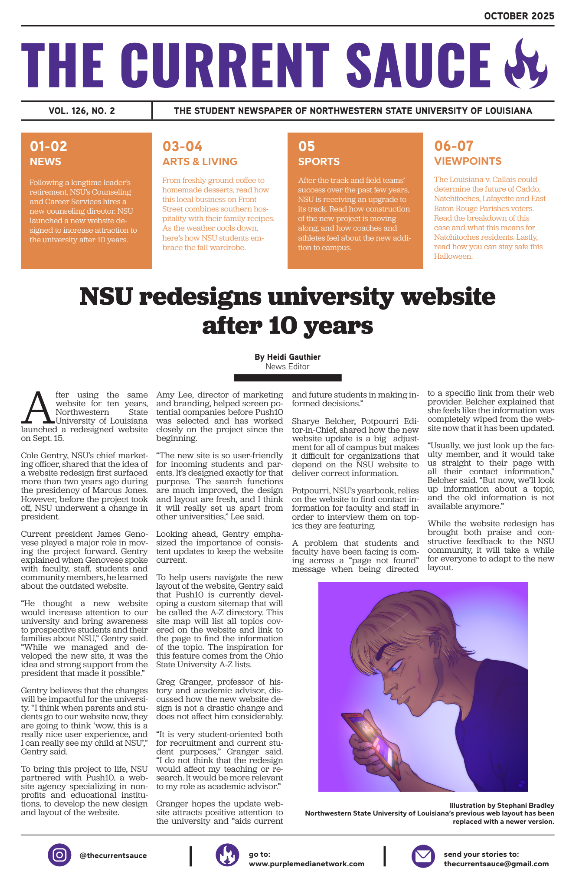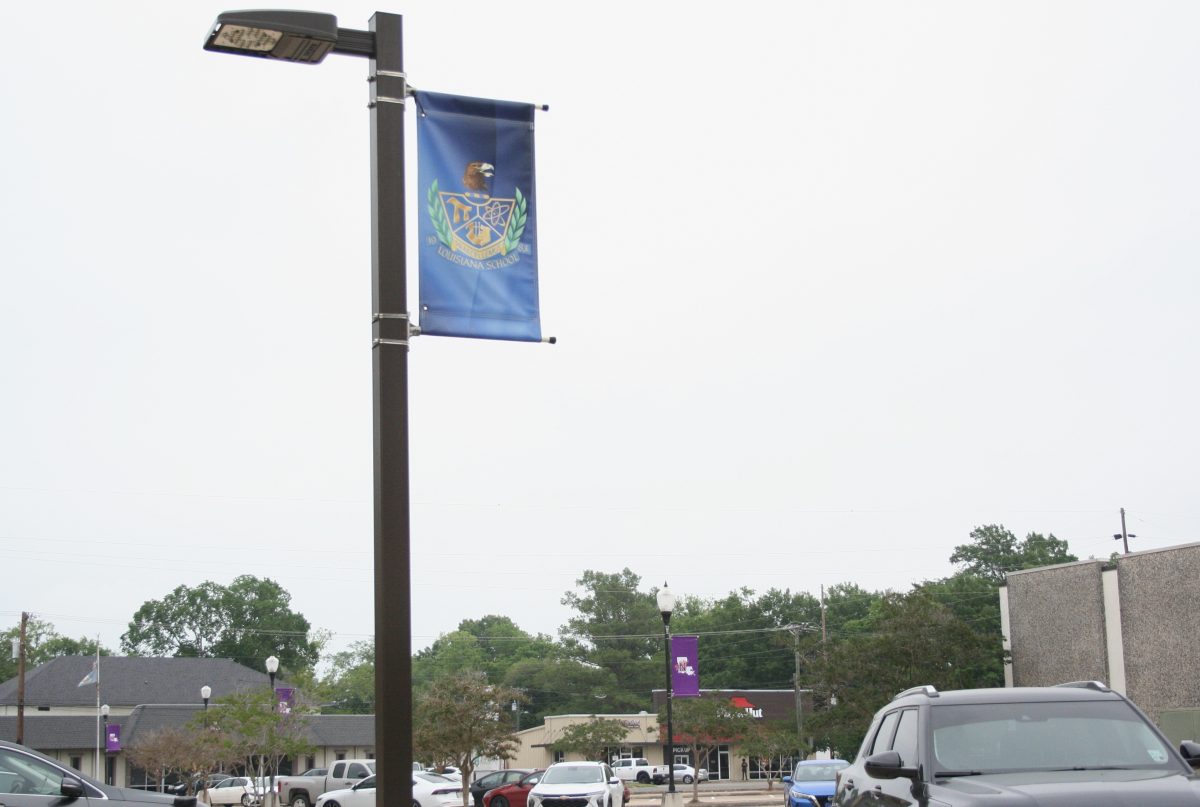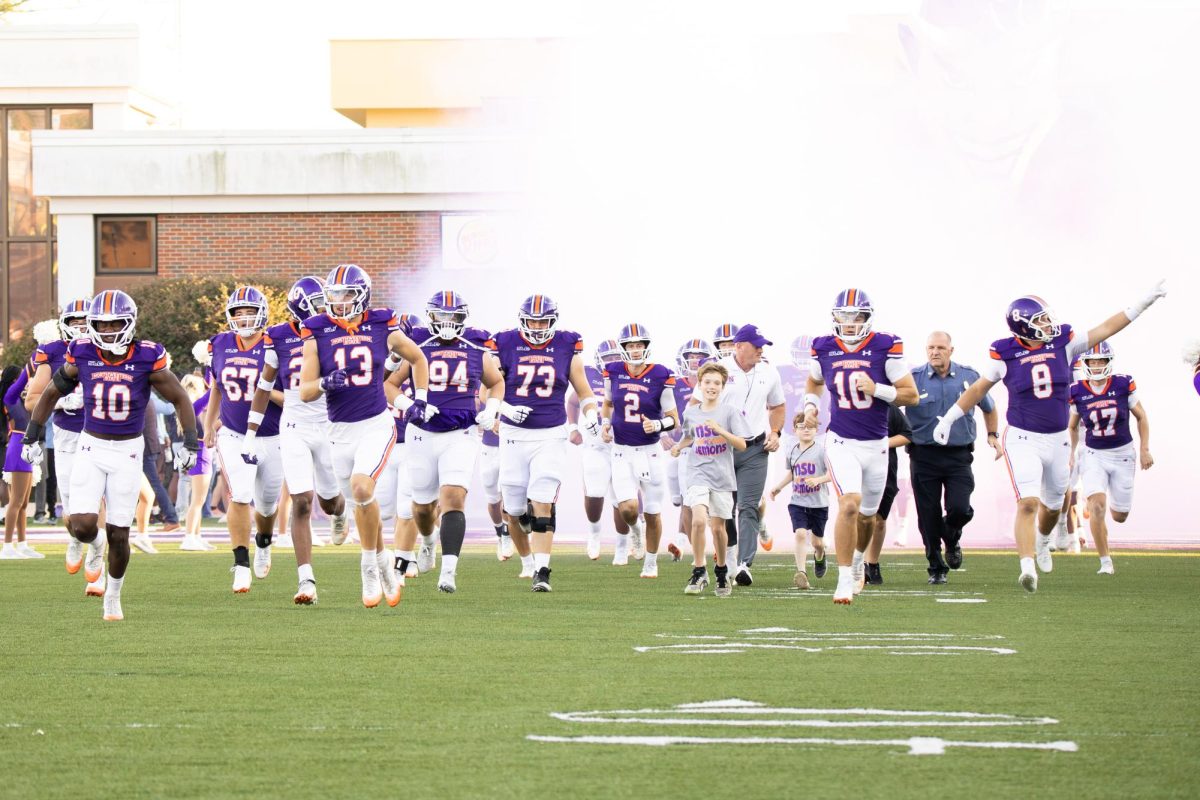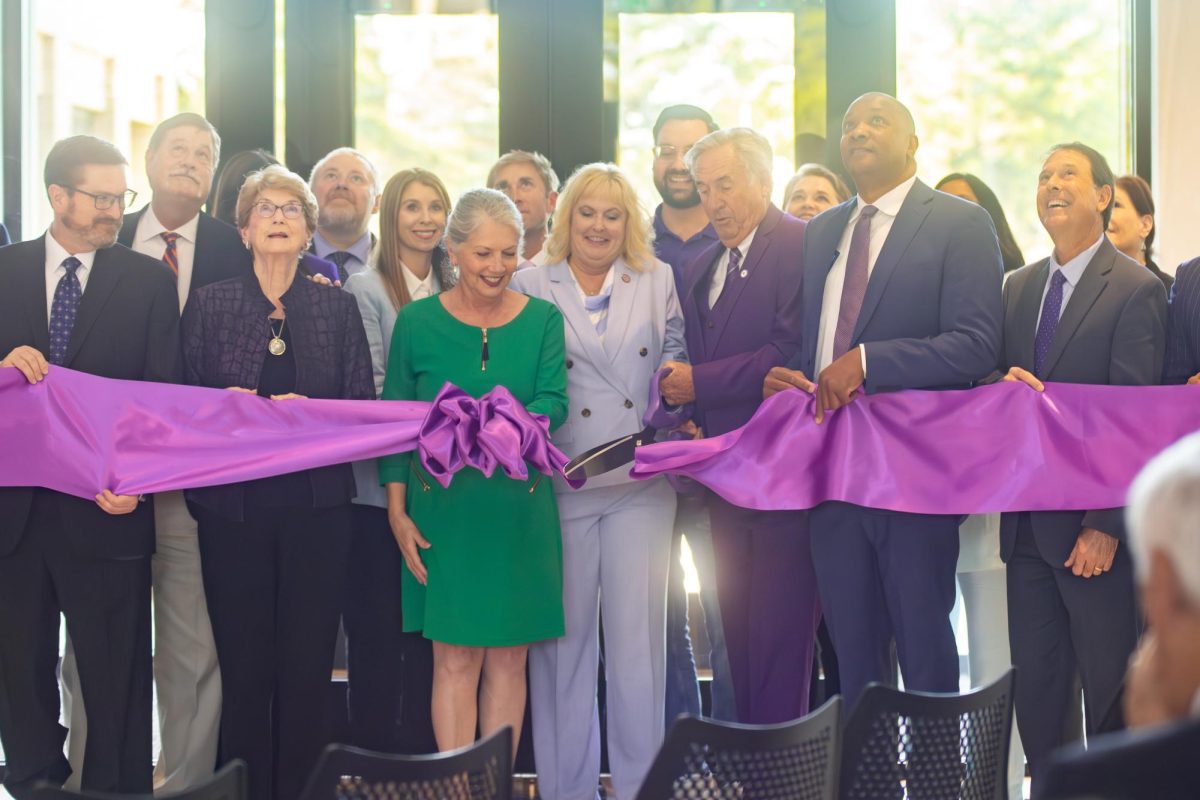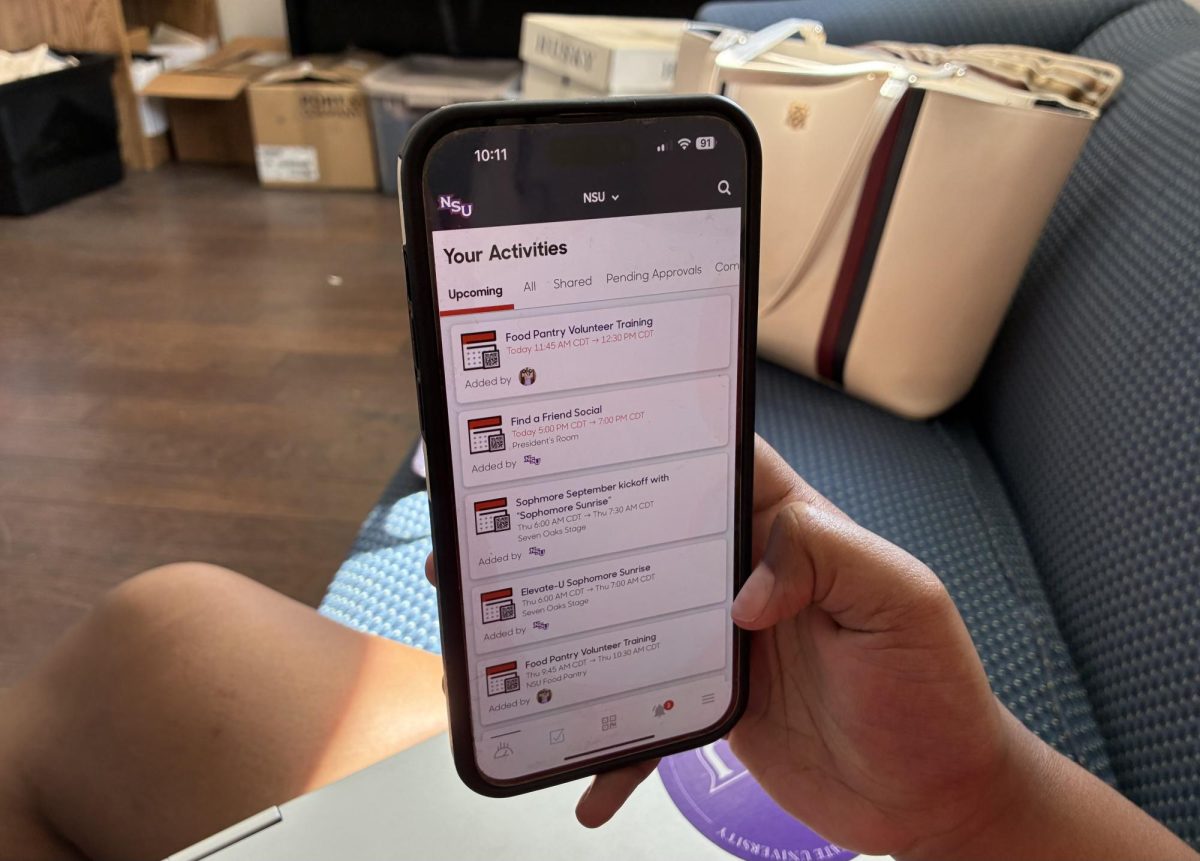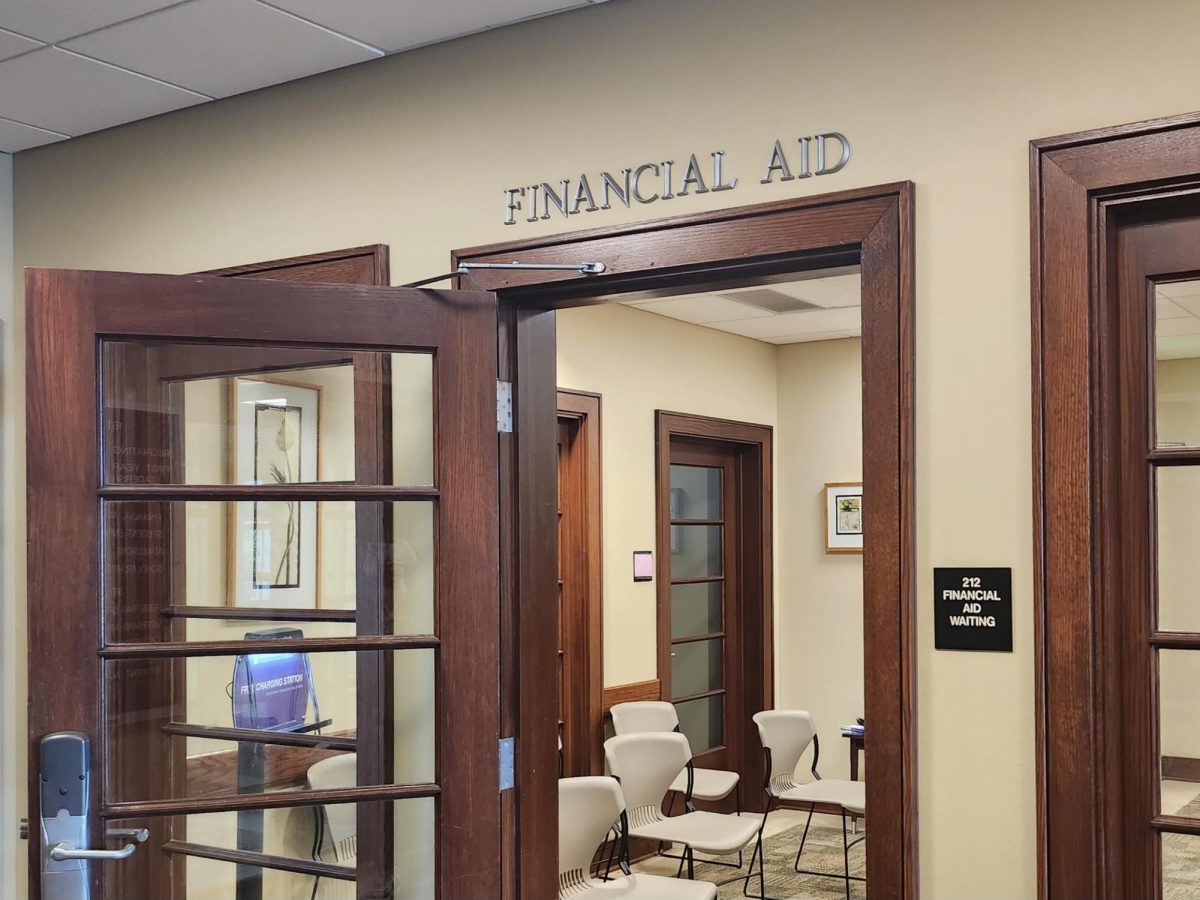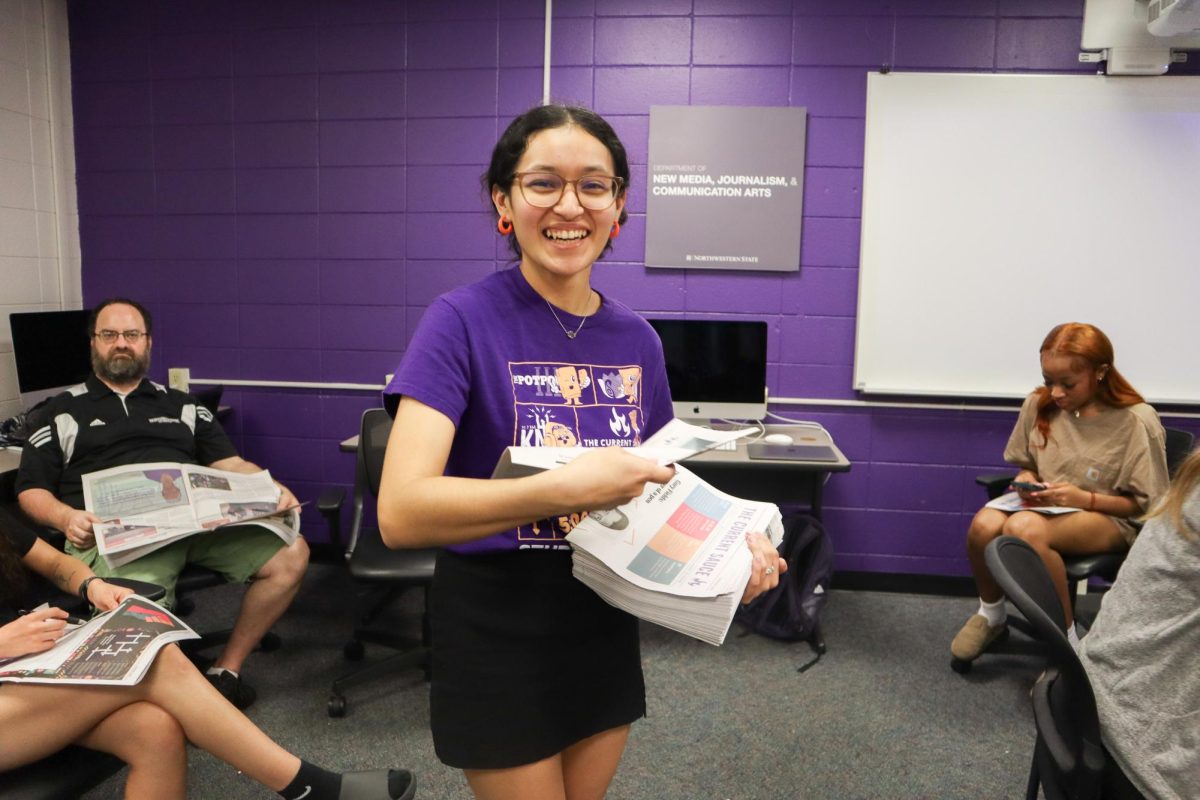The time has come for many high school seniors to make the transition to their first year of college. While this can be a fearful experience, knowing what to expect can help ease the anxiety. Here are a few things that can help you have the best freshman year possible.
The first big difference is the times and dates of classes. Most college classes are either on Monday, Wednesday and Friday (MWF) or on Tuesday and Thursday (TR). And yes, the ‘R’ does stand for Thursday.
Classes at MWF are usually 50 minutes since they meet three times a week. TR classes are usually an hour and 15 minutes. Most of the classes you will take will count as 3 credits, since they meet three hours a week. Of course, there will be some exceptions, such as labs and special classes, that may be longer or shorter than three hours.
Most of your classes will run the whole semester, usually around 16 weeks. But there are also A-term and B-term classes, which either run the first eight weeks or the last eight weeks of the semester. If you take one of these classes, it will usually be faster than a normal class, since you have to finish everything in half the time.
Since most classes are offered multiple times throughout the day, you will have some options when creating your schedule. If you are a morning person, you can try to schedule most of your classes early, or if you prefer to sleep in, you can try to schedule them later.
If you sign up for that 8 a.m. class because you woke up at that time every day for high school, beware that a college 8 a.m. class is a lot different than 8 a.m. in high school. I am not sure why, but it will be a lot harder to wake up for.
On that same note, another big difference is that every class you miss is considered an absence. Some classes will count attendance as a grade every class period. Some classes will fail you after five missed classes. Some professors will never take attendance once and do not care if you are in the class or not. Make sure to read the syllabus to figure out how your teacher collects attendance.
You are accountable for getting yourself to class now that you are an adult, and I would really recommend that you try to attend all your classes your freshman year. That is when you meet the most people and find new friends. Especially in classes with a lot of freshmen, everyone will be looking to make friends and it is the perfect place to get to know people and create a study group.
Every class is different, but I like to separate classes into two generic groups: ones that have homework and ones that focus on exams. Some classes will have weekly homework assigned that is very important for your grades. This will help you stay on track of the lessons and make sure that you understand the material and are prepared for the test.
Other classes will only have exams, including finals and midterms, leaving those worth a hefty part of your grade. These classes can be harder to keep up with and leave it to the student to make sure that they do not get behind. These are the best classes to create a study group to make sure that you feel prepared walking into the first exam.
The first exam in a class is the best time to learn how the professor writes exams. You will find out whether they like multiple-choice, essay questions or fill in the blank. Every professor writes them differently, but if you are lucky, they may post old exams on the Moodle page for you to study with. These are a big help and most of the time, questions will repeat. Make sure to always check your Moodle page for resources like this.
Another great resource that is available in college is office hours. Every professor is required to have office hours that are available for college students just like you who have questions that need to be answered. The professors love to see that you are asking for help when you need it, and that you are engaged with the material.
Whether you are having trouble with a homework question, need help figuring out why you got an exam question wrong or just need help deciding your schedule, they are there to help you. That is why they are there.
Most professors will list their office hours and the location on their syllabus, which you can usually find on the Moodle page. Going to office hours also helps you get to know your professor and let them get to know you. It is usually better when your professor knows and remembers your name for good reasons. Professors are also much more likely to be lenient with grading if they know that you have been working hard and asking them for help when you need it. They like to know that you are involved in class and are staying on top of the work.
Every single student at NSU will receive an academic adviser. They are there specifically to help you create your schedule and make sure you graduate on time. Each major has specific requirements for the classes that you need to get your diploma, and it can be hard to understand as a college student. These advisers are trained to help you, and are often professors in your major, so they have knowledge about the classes you need.
It can be rough to find a way to fit all the classes you need in a semester into a week without overloading yourself. Advisers are there to help you schedule, but also to help you keep up with your grades and help you reach out for help when you are getting behind. I highly recommend meeting up with your adviser every time it is time to schedule classes. After all, you do not want to have to take an extra semester because you forgot to take one class that you needed.
Make sure you are having fun outside of classes. College can take over your life if you let it, so it is important to have some focus on other things. Join a club, any club. You do not have to love it, but it is the best way to meet new people, especially upperclassmen who can help you find your way around.
NSU even offers intramural sports if you liked a sport but did not want to play at a college level, or if you have always wanted to play but never got to, try it out. Find new places to eat; if you are a freshman, most likely you are living on campus and have a declining balance (DB) on your student ID. Use that at any of the food places on campus, even Chick-fil-A across the street. You meet other students and try new food. Do not be afraid to sit with someone new at Iberville Dining Hall, chances are they wish they had someone to sit with as well.
Go to the Wellness, Recreation and Activity Center (WRAC) and try out a new machine and say hey to someone you haven’t met. Being kind to one person can introduce you to a whole new group of friends, many of whom may be your friends for the rest of your life.
You are officially an adult now, and you are accountable for yourself. Be sure to feed yourself, clean up after yourself (especially in the dorm) and stay on top of your schoolwork. You do not have to be the student who stays up till midnight every night because you left all of your homework till the last minute. You can be the student who does their homework ahead of time because they know they want to hang out with their friends after class. You do not have to be the same person you were in high school. College is a time to reinvent yourself and to make new friends.
There is someone for everyone here, you just have to find them. No matter what hobbies and interests you have, you will come across someone with the same ones. It can take time, so do not be discouraged if you have not made any friends after the first week of classes. There are lots of people in the same spot as you. You are never alone in your feelings. There are people feeling homesick, people realizing college is not for them and people who are having the time of their life.
Give yourself a month or two to finally adjust to college life, and always be open to new experiences. You will become comfortable, and you may just find that you love being away from home and having freedom. Your experience is up to you! Make sure to spend time outside of the dorm, drink lots of water and try new things.
It is time to become like the adults you looked up to as a kid.

